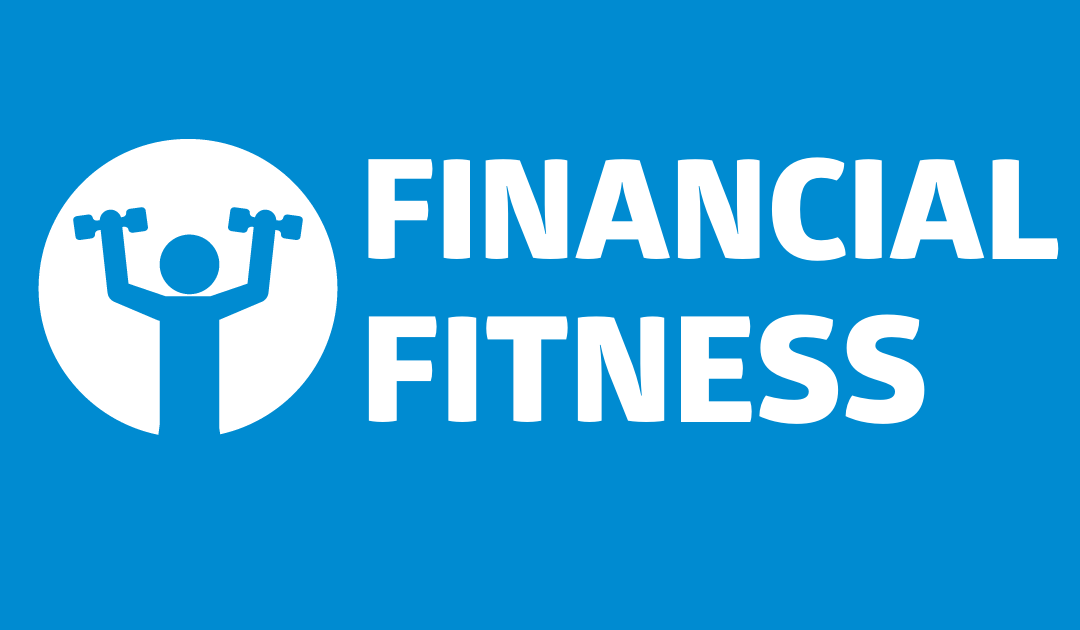By Charlestien Harris
The $2 trillion Coronavirus Aid, Relief and Economic Security (CARES) Act, passed in March of this year, included special aid for homeowners with a mortgage. The CARES Act makes it much easier for homeowners that have been affected by the pandemic, to seek the option of a forbearance for up to six months to start and then add an additional six months if the homeowner is still financially unable to meet their mortgage obligation on time.
Forbearance is a form of repayment relief that allows borrowers to temporarily suspend or reduce mortgage payments. If you’re in a short-term financial bind, forbearance can save your home from foreclosure without putting a major dent in your credit, buying time until you get back on your feet.
The most notable fact that homeowners need to know is that the CARES Act only covers federally backed loans such as FannieMae, FreddieMac, USDA, VA, FHA and Government Sponsored Enterprise commonly known as a GSE. Also note that these payments don’t completely disappear. You will eventually have to make them up.
The idea of putting your biggest financial commitment on hold can seem tempting for an already tight monthly budget, but if you can still make your payments please do so because it is the best option.
Before the CARES Act, forbearances were typically granted by lenders only after a careful evaluation of financial hardship. Loan servicers often required detailed documentation and borrowers with a history of on time payments were also more likely to be approved for forbearance. Now federal law makes asking for forbearance simple for many borrowers with coronavirus-related health or financial problems because there is no documentation required. The borrower only has to assert that they are suffering from a hardship related to the pandemic.
If you have a federally backed mortgage, you just need to contact your lender and let them know you won’t be able to pay your mortgage bill due to the current public health crisis. Lenders are required to approve forbearances regardless of your delinquency status. Borrowers are entitled to request an initial forbearance of their monthly mortgage payments for up to 180 days, and may request up to an additional 180 days.
The second part of the relief program gives you a mortgage payment reduction option, where future make-up payments will be spread out over 12 months or added to your mortgage payment once the reduction period is over. You should not have to pay a lump sum at the end of the delayed payment period so make sure you get that agreement in writing.
The third part of the law also includes a foreclosure moratorium of at least 60 days that prohibits lenders and servicers from taking foreclosure-related eviction action during this period. If you are unsure whether your loan is federally backed, simply call your lender and ask if it is and what is their procedure for accessing their mortgage relief program.
*Note: If your loan is not federally backed, contact your loan servicer, state, local or federal government resources such as the Consumer Financial Protection Bureau (CFPB) to find out what options you have.
Once you apply and have been approved, you will receive a mortgage forbearance agreement from your lender that will outline the terms of your forbearance including how your payment history will be reported to credit bureaus, and how your missed payments will be made up once the forbearance ends.
There are a number of options available for repayment and in my next blog I will begin to explain the options for repaying the skipped payments. The available options will depend on the type of loan you have. As always if you have any questions call me at 662-624-5776 or email me at charlestien.harris@southernpartners.org for more information. Until next week, stay financially fit!

